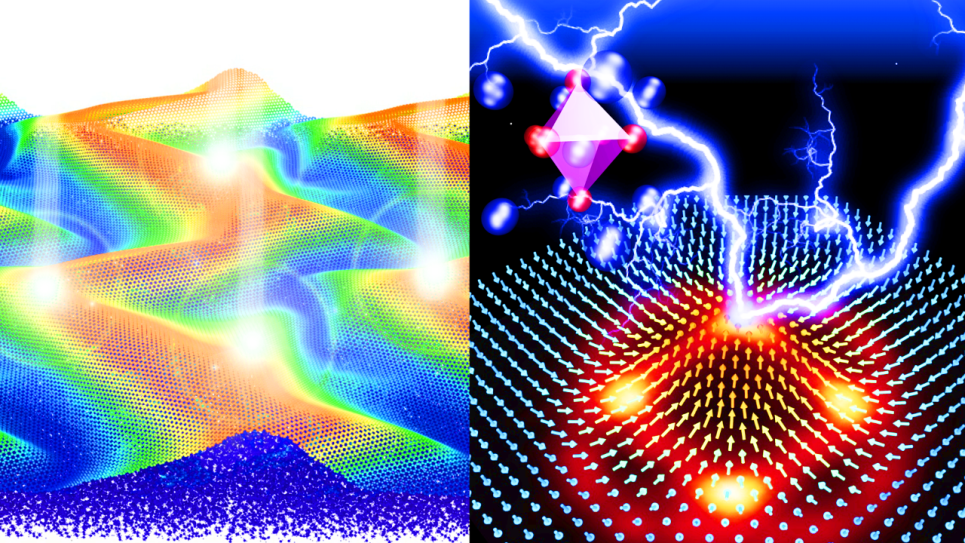
High Fidelity Simulation of Complex Suspension Flow for Practical Rheometry
Concrete is the most widely used building material in the world, representing a 100 billion dollar industry in the U.S. that is crucial to the nation’s physical infrastructure. There is now a strong interest in making concrete a more sustainable material by finding new ways to recycle it, and by changing its ingredients in order to reduce the amount of green house gas resulting from its production. As new mixture designs of concrete are developed to meet these needs, it is important to measure and control rheological properties, i.e. flow properties, to satisfy performance specifications.
Due to the complex nature of concrete, which is comprised of a suspension of rocks and sand embedded in cement paste, a non-Newtonian fluid whose properties change with time, it is a challenge to measure its rheological properties. Concrete rheometers are often utilized for such tasks but, at best, they make semi-empirical links between torque and angular velocity measurements and the concrete's true rheological properties. As a result, it is difficult to relate measurements made on different rheometers and, further, to understand how such measurements predict concrete performance in the field.
This project addresses the problem of relating measured quantities like torque and angular velocity within non-analytical rheometer and mixing geometries to fundamental rheological properties, like viscosity versus strain rate, by studying the flow of concrete in such rheometers and by the development of standard reference materials to calibrate rheometers. Results from this research will advance the science of dense suspensions while addressing the measurement science needs in the concrete industry through the development of standard reference materials.
